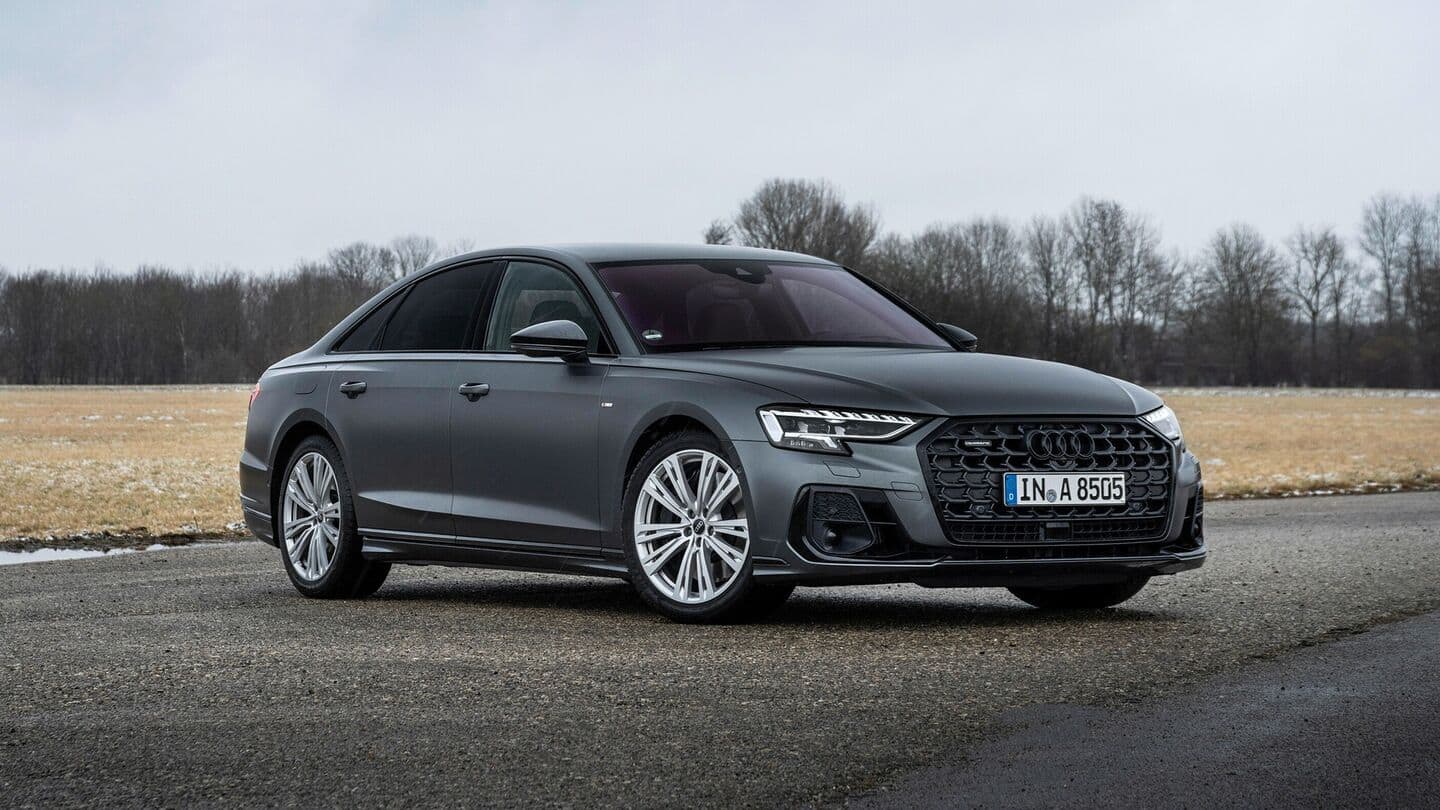
Audi reverses EV strategy, more combustion cars coming ahead
What's the story
Audi has officially scrapped its plan to end the development and sale of internal combustion engines (ICEs) by 2033. The German luxury carmaker had earlier planned to halt ICE production in 2026. Audi CEO Gernot Dollner confirmed this change in strategy, citing his belief in "powertrain flexibility." The decision comes amid slower-than-anticipated electric vehicle (EV) adoption, which had been hinted at as a contributing factor.
Upcoming models
Audi has several ICE vehicles planned until 2026
Dollner revealed that Audi has a range of ICE and plug-in hybrid electric vehicles (PHEVs) planned until 2026. The company intends to produce these vehicles for nearly a decade, depending on market developments. The new A5, Q5, and third-generation Audi Q3 are part of this plan with powertrain options including petrol, diesel, and plug-in hybrid variants.
Market strategy
All-electric A3-sized model not coming
With no new versions of the Q2 and A1, Audi Q3 and A3 will be the entry points to its lineup. However, Dollner has made it clear that an all-electric A3-sized model is not on the cards. This move is part of Audi's broader strategy to maintain a diverse range of powertrain options in its future models.
Performance upgrades
Strategy also applies to Audi's high-performance RS lineup
The new strategy also applies to Audi's high-performance RS lineup. The fifth-generation RS6 will get a plug-in hybrid V8 powertrain and an electric one. This will be achieved using a twin-platform strategy with the RS6 E-tron EV sitting on Volkswagen's Premium Platform Electric base. The combustion-powered RS6 will use Premium Platform Combustion, an advanced version of its current MLB base.
Hybrid integration
How the ICE RS6 will comply with Euro 7 norms
To comply with the upcoming Euro 7 norms, the ICE RS6 will likely get a plug-in hybrid setup with its 630hp, 4-liter, twin-turbocharged V8 petrol engine. It is expected to borrow the hybrid powertrain from either the 740hp Porsche Cayenne Turbo E or 782hp Panamera Turbo S E. The latter can accelerate from 0-100km/h in just 2.9 seconds and hit a top speed of up to 325km/h.